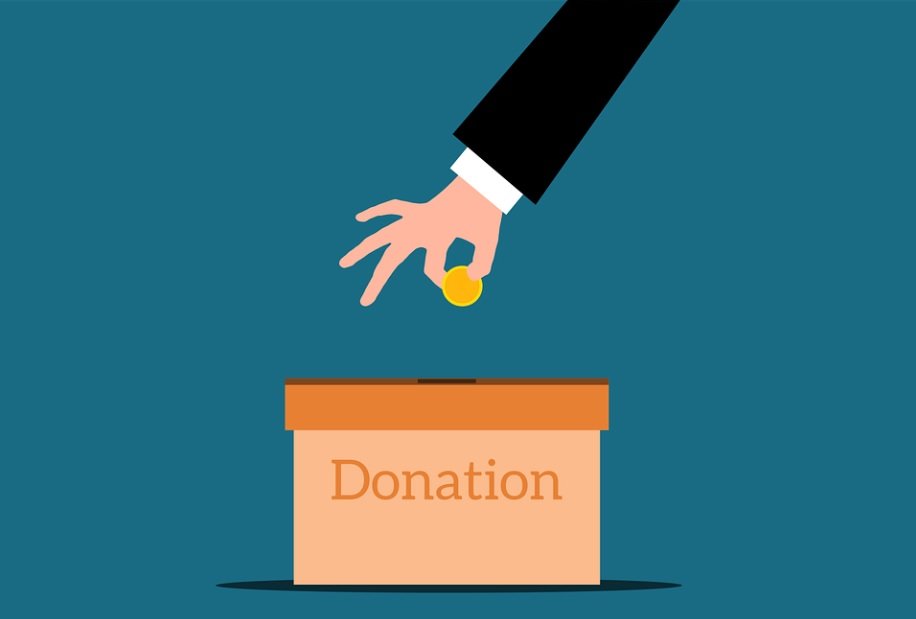In the hustle and bustle of modern life, mental health often takes a backseat. With work pressures, personal obligations, and a relentless stream of information from the digital world, finding peace of mind can feel like an uphill battle. However, there’s an underrated yet highly effective solution right within your reach — creativity. Engaging in creative hobbies can offer a powerful boost to your mental well-being, helping to reduce stress, enhance mood, and foster a sense of personal fulfillment.
The Relationship Between Creativity and Mental Health
Creativity is often associated with artists, designers, and musicians, but in truth, it’s a universal human trait. Whether you’re doodling, gardening, knitting, or cooking, you are tapping into your creative potential. These activities stimulate different parts of your brain, allowing you to express emotions, solve problems, and experience a state of “flow” — a mental state where you are fully immersed and focused on a task.
Numerous studies have demonstrated the positive link between creative engagement and mental health. According to research from the Journal of Positive Psychology, people who engage in creative activities regularly report feeling more relaxed, happier, and more energetic the following day. Creative hobbies help disrupt negative thought patterns, replacing them with constructive mental engagement that nurtures a sense of achievement.
Stress Reduction Through Artistic Expression
One of the most profound ways creativity boosts mental health is through stress reduction. When you’re engaged in a creative hobby, your mind shifts away from daily worries and focuses on the present moment. This meditative aspect of creativity slows your heart rate, lowers cortisol levels, and offers your brain a chance to reset.
Painting, sketching, or even crafting allows you to externalize feelings that are often difficult to articulate verbally. This process can help you release pent-up emotions and foster emotional resilience. People often report a calming, almost therapeutic effect when they immerse themselves in artistic endeavors, a phenomenon that mental health professionals are increasingly recognizing and recommending.
The Role of Digital Creativity Tools
In today’s tech-savvy world, creativity isn’t confined to traditional mediums like paper, canvas, or clay. Digital platforms and tools have expanded the horizons for self-expression, making creativity more accessible than ever. One example is the growing popularity of the AI art generator, which allows users to create stunning and imaginative artwork with the help of artificial intelligence.
These platforms don’t require formal artistic training, which breaks down the intimidating barriers often associated with art. Whether you’re experimenting with surreal landscapes or abstract portraits, this digital form of creativity offers the same cognitive and emotional benefits as conventional art-making. For many, it serves as an easy entry point into the creative world, particularly for those who might feel daunted by traditional methods.
Building Self-Esteem Through Skill Mastery
Another psychological advantage of pursuing creative hobbies is the boost to self-esteem that comes from learning and mastering a new skill. When you invest time and effort into creative tasks, you’re often rewarded with tangible results — be it a finished painting, a knitted scarf, or a short film.
This sense of accomplishment triggers the brain’s reward system, releasing dopamine and fostering a positive mood. More importantly, it nurtures a growth mindset, teaching you that improvement comes through practice and persistence. Over time, this mindset can transform how you approach other challenges in life, building resilience and self-confidence.
Creative Communities and Social Connection
Human beings are inherently social creatures, and creative hobbies often offer a bridge to connect with like-minded people. Joining a book club, art class, photography group, or even participating in online forums can help break feelings of isolation and loneliness.
These communities provide constructive feedback, encouragement, and a shared sense of purpose, all of which are essential elements for maintaining good mental health. Social interaction, combined with the positive focus that creative hobbies offer, has been shown to reduce symptoms of anxiety and depression significantly.
The Digital Shift: Video and Storytelling
Storytelling is one of the oldest human traditions, and it remains a potent form of creative expression today. Modern technology has made storytelling more dynamic and interactive through formats like short films, vlogs, and creative social media content. This evolution has been further fueled by the rise of video apps, which make it easy for anyone to shoot, edit, and share personal stories with a global audience.
These platforms not only democratize creativity but also provide an outlet for emotional expression, self-reflection, and connection. Sharing personal stories through videos can help people process experiences, find community, and cultivate empathy — all of which contribute to stronger mental health.
Unlocking Emotional Intelligence Through Creative Writing
Creative writing, whether it’s poetry, fiction, or journaling, is another hobby that significantly benefits mental well-being. Writing helps clarify thoughts, articulate feelings, and develop emotional intelligence. When you put pen to paper or fingers to keyboard, you are forced to structure your thoughts, which can bring clarity and insight into complex emotions.
Journaling, in particular, has been linked to reduced symptoms of anxiety, stress, and depression. By reviewing your own experiences through writing, you gain perspective and emotional distance, making it easier to tackle future challenges with a calm and balanced mindset.
A Holistic Approach to Personal Growth
Creativity is not just about producing something beautiful or impressive; it’s about engaging in the process of exploration, learning, and self-expression. These acts stimulate the brain, foster emotional health, and encourage mindfulness, offering a holistic approach to personal growth.
Moreover, creative hobbies encourage you to take a break from the monotony of daily routines and reawaken your sense of wonder and curiosity — feelings often buried under adult responsibilities. Whether you’re crafting, composing music, coding, or doodling on a notepad, the act itself becomes a form of self-care.
Conclusion
In a world that often prioritizes productivity and efficiency over well-being, embracing creativity through hobbies is a gentle but powerful way to nourish your mental health. These activities offer stress relief, encourage social connections, enhance self-esteem, and help you cultivate emotional intelligence.
Whether your creative outlet is analog or digital, solitary or social, structured or free-flowing, the simple act of making space for creativity in your life can unlock lasting psychological benefits. So, the next time you feel overwhelmed, consider turning to your hobby or exploring a new creative passion — it just might be the mental health boost you didn’t know you needed.









